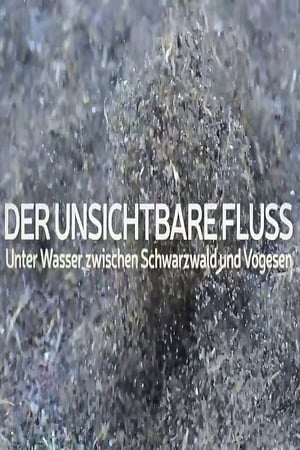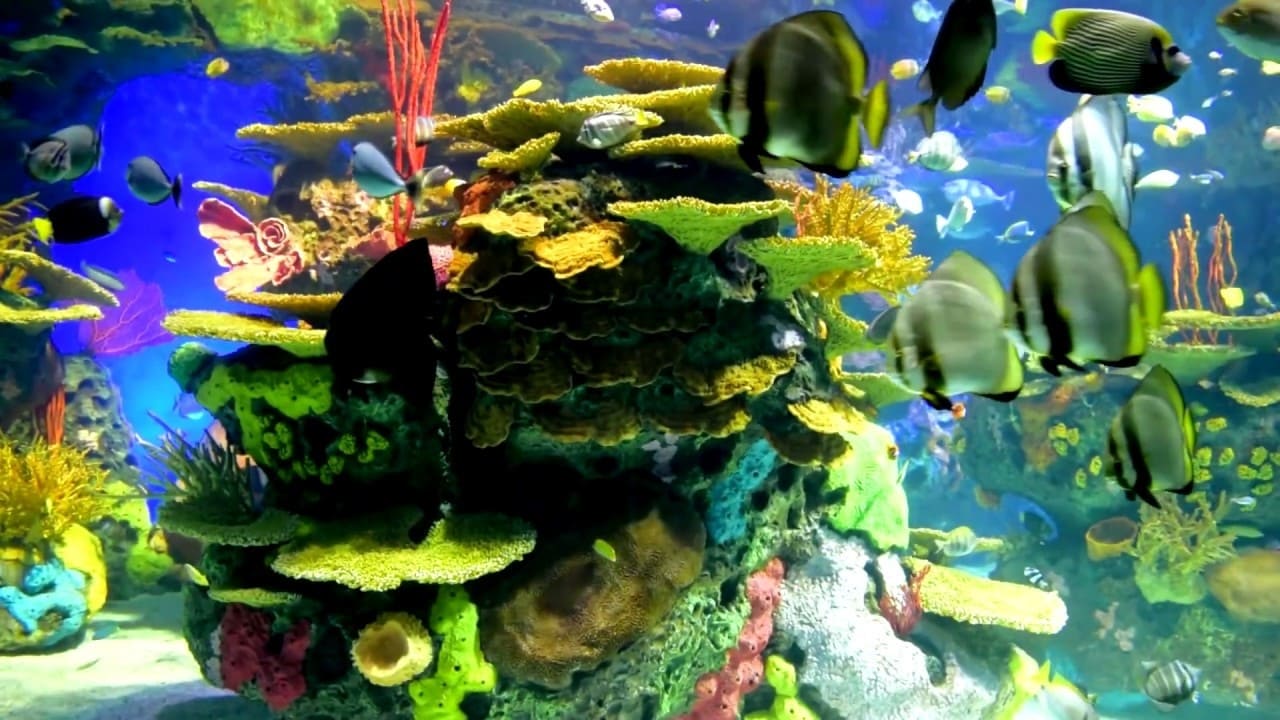
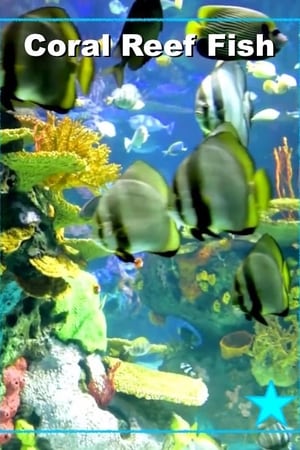
Beautiful Coral Reef Fish(2016)
Movie: Beautiful Coral Reef Fish

Beautiful Coral Reef Fish
HomePage
Overview
Release Date
2016-11-14
Average
0
Rating:
0.0 startsTagline
Genres
Languages:
Keywords
Similar Movies
 5.8
5.8Ocean Wonderland 3D(en)
Shot on the Great Barrier Reef in Australia and in the Bahamas, Ocean Wonderland brings to you the amazing beauty of the many varieties of coral and the immense diversity of the marine life thriving there.
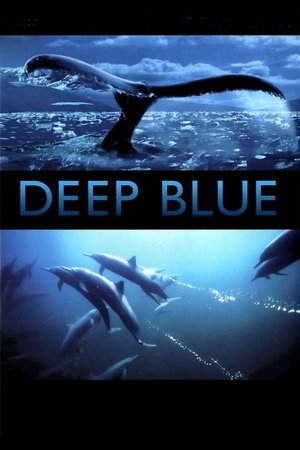 6.8
6.8Deep Blue(en)
Deep Blue is a major documentary feature film shot by the BBC Natural History Unit. An epic cinematic rollercoaster ride for all ages, Deep Blue uses amazing footage to tell us the story of our oceans and the life they support.
 0.0
0.0zyabliko:vo(ru)
A walk around Zyablikovo — one of the most mysterious districts of one of the most mysterious cities (Moscow:2024).
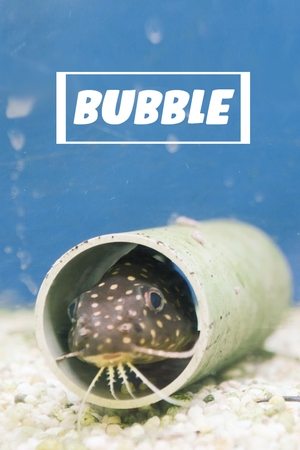 0.0
0.0Bubble(en)
A tropical fish shop in the East End of London, the last of what used to be many. Tiny, watery dramas inside fish tanks accompany the thoughts of local fish-keepers, while father and son Big Tel and Little Tel work to keep the shop alive.
Striper Time(en)
This RKO Sportscope series short presents two sportsmen fishing for striped bass.
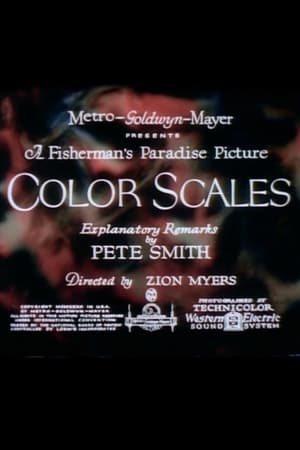 6.0
6.0Color Scales(en)
This humorous short film shows various species of tropical fish at the Steinhart Aquarium in San Francisco, California.
 0.0
0.0River of Gold(en)
Narrated by Academy Award winners Sissy Spacek and Herbie Hancock, River of Gold is the disturbing account of a clandestine journey into Peru's Amazon rainforest to uncover the savage unraveling of pristine jungle. What will be the fate of this critical region of priceless biodiversity as these extraordinarily beautiful forests are turned into a hellish wasteland?
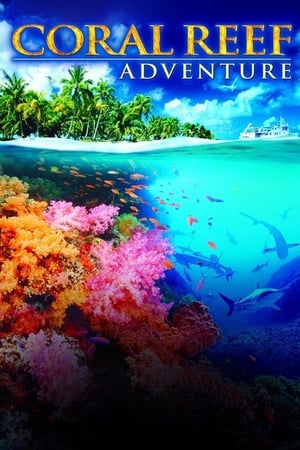 6.6
6.6Coral Reef Adventure(en)
Coral Reef Adventure follows the real-life expedition of ocean explorers and underwater filmmakers Howard and Michele Hall. Using large-format cameras, the Halls guide us to the islands and sun-drenched waters of the South Pacific to document the health and beauty of coral reefs. Featuring songs written and recorded by Crosby, Stills & Nash.
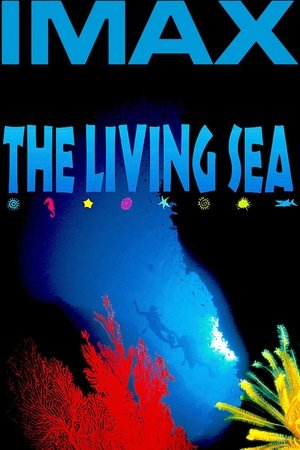 7.1
7.1The Living Sea(en)
The Living Sea celebrates the beauty and power of the ocean as it explores our relationship with this complex and fragile environment. Using beautiful images of unspoiled healthy waters, The Living Sea offers hope for recovery engendered by productive scientific efforts. Oceanographers studying humpback whales, jellyfish, and deep-sea life show us that the more we understand the ocean and its inhabitants, the more we will know how to protect them. The film also highlights the Central Pacific islands of Palau, one of the most spectacular underwater habitats in the world, to show the beauty and potential of a healthy ocean.
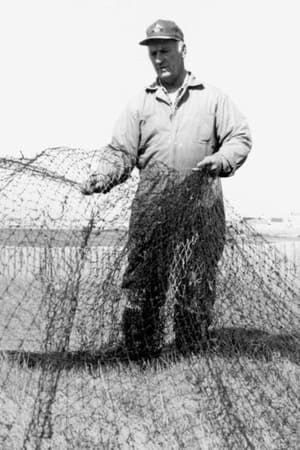 0.0
0.0Taking Stock(en)
It was a way of life. It was the backbone of a society. And then the cod fishery off the east coast of Newfoundland collapsed. Taking Stock traces the history leading up to the crisis and the calling for a moratorium of the northwest Atlantic cod fishery. It presents the key players in this complex and tragic story, focusing on those who are now trying to come to grips with an uncertain future. How did the calamity happen? What signals did we ignore? Did we chose the right model in setting up an industry? Ultimately, Taking Stock holds a message for the Canadian as well as the global community: In trying to attain economic success, we must recognize that there are limits to how far we can exploit nature's delicate ecosystems.
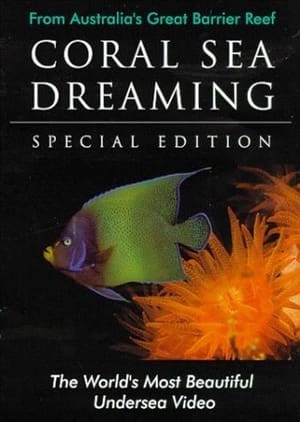 7.3
7.3Coral Sea Dreaming(en)
Sit back, relax and dive into the spectacular undersea world of the Great Barrier Reef. Discover crystal-clear video, cool Dolby Digital music, exotic fish of every color of the rainbow. No words, just 83 minutes of great original music, stunning images, 300 creatures in their natural habitat, body surfing dolphins!
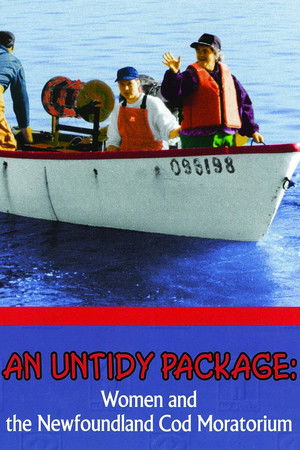 0.0
0.0An Untidy Package: Women and the Newfoundland Cod Moratorium(en)
An Untidy Package sets out to dispel the popular misconception that Newfoundland women weren’t major players in the cod fishery before the moratorium, and that the federal compensation they received was only added to their husband’s claims to increase their family’s allowance. We learn at the outset that one third of the 35,000 workers displaced were women. Using the viewpoint of some of these women, this video examines the cod crisis and its social implications for families.
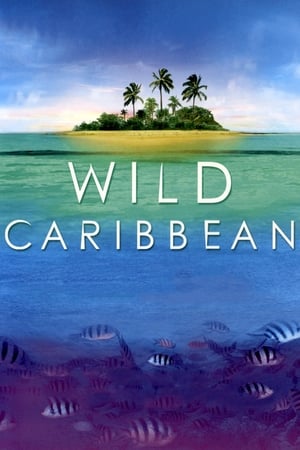 7.1
7.1Wild Caribbean(en)
Wild Caribbean is a four-part BBC nature documentary series exploring the natural and cultural history of the Caribbean Islands and Sea. 1. "Treasure Islands" 2. "Reefs and Wrecks" 3. "Hurricane Hell" 4. "Secret Shores"
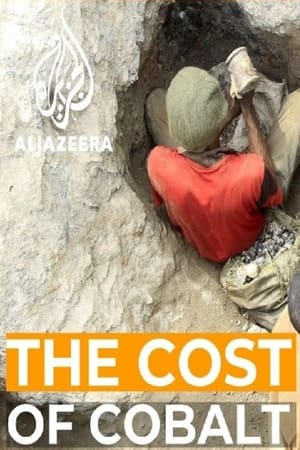 0.0
0.0The Cost of Cobalt(en)
In the cobalt mining areas of Katanga in the Democratic Republic of the Congo (DRC), babies are being born with horrific birth defects. Scientists and doctors are finding increasing evidence of environmental pollution from industrial mining which, they believe, may be the cause of a range of malformations from cleft palate to some so serious the baby is stillborn. More than 60% of the world’s reserves of cobalt are in the DRC and this mineral is essential for the production of electric car batteries, which may be the key to reducing carbon emissions and to slowing climate change. In The Cost of Cobalt we meet the doctors treating the children affected and the scientists who are measuring the pollution. Cobalt may be part of the global solution to climate change, but is it right that Congo’s next generation pay the price with their health? Many are hoping that the more the world understands their plight, the more pressure will be put on the industry here to clean up its act.
Equator - Reef of Riches(en)
The Indonesian archipelago in the Indo-Pacific Ocean comprises thousands of islands, atolls and the largest concentration of coral reefs in the world. This rich and varied environment is a product of a unique set of natural circumstances. The equatorial sun powers ocean currents among the tiny dots of land. Where the archipelago meets the western tip of New Guinea an intersection of ocean currects creates perhaps the world's richest reefs - in the region of the Rajah Ampat Islands. A coral reef houses a myriad of colors, shapes and patterns: from the bulb tentacle anemone which protects, and in turn is protected by, the brightly coloured clownfish; to the multi-branched gorgonian, home of the tiny pygmy seahorses.
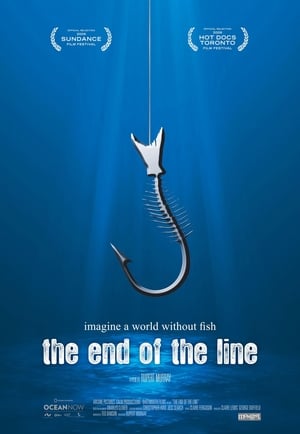 6.3
6.3The End of the Line(en)
Examines the devastating effect that overfishing has had on the world's fish populations and argues that drastic action must be taken to reverse these trends. Examines the imminent extinction of bluefin tuna, brought on by increasing western demand for sushi; the impact on marine life resulting in huge overpopulation of jellyfish; and the profound implications of a future world with no fish that would bring certain mass starvation.
Reef of Riches(en)
The Indonesian archipelago in the Indo-Pacific Ocean comprises thousands of islands, atolls and the largest concentration of coral reefs in the world. This rich and varied environment is a product of a unique set of natural circumstances.
